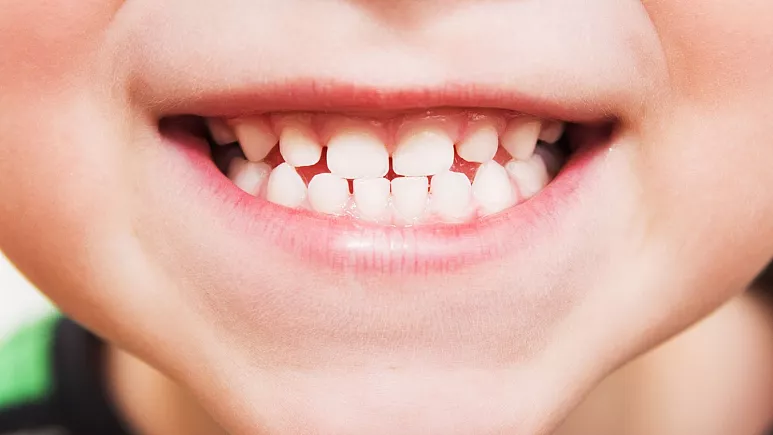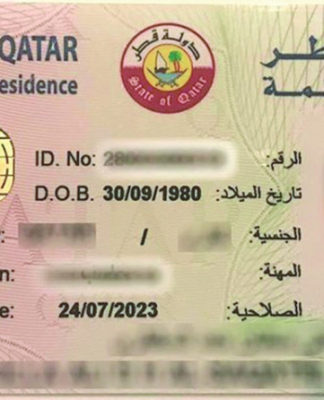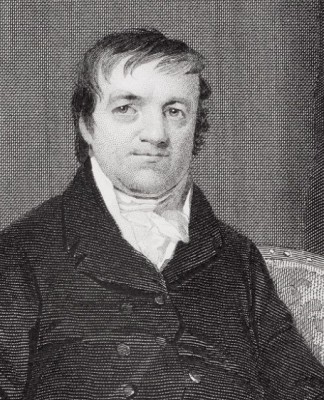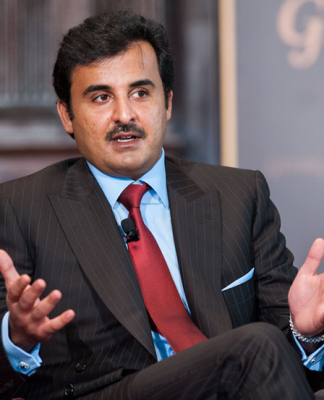Scientists develop a groundbreaking new drug that makes your teeth regrow
Scientists are getting close to a drug that makes teeth regrow
By Camille Bello
Published on 05/08/2023 – 14:30•Updated 07/08/2023 – 16:26
While we are used to the idea of teeth only growing twice, a new drug could make it possible to grow a third set.
Scientists are making significant strides in the development of a groundbreaking drug that could potentially enable the regrowth of teeth.
Clinical trials are scheduled to commence in July next year. They hope it will be available for dentists to use by 2030.
Tooth anomalies at birth are common in humans, affecting one per cent of people worldwide. But a drug to make teeth regrow would be a world first.
The research, led by the Medical Research Institute Kitano Hospital in Osaka, Japan, aims to bring “a therapeutic drug for patients who lack a full set of adult teeth due to congenital factors” – related to genetic or developmental influences that occurred before birth.
“People with anodontia [the medical term for a complete absence of teeth] don’t have natural teeth because they never developed them. The condition often appears alongside other genetic conditions, such as ectodermal dysplasia [defects of the hair, nails, teeth, skin and glands]. Common treatments include dentures and dental implants,” according to information on Cleveland Clinic’s website.
The condition – also known as tooth agenesis – hinders basic abilities like chewing, swallowing and speaking from a young age, which can negatively impact development.
The power of positive parenting: How warmth and support shield teenagers from stress
Dr Katsu Takahashi, head of the dentistry and oral surgery department at the Medical Research Institute Kitano Hospital, has been working on the drug since his graduate student days, in the early nineties.
“The idea of growing new teeth is every dentist’s dream,” he said to Japanese journal The Mainichi, adding that he was confident he’d be able “to make it happen.”
The groundbreaking dentistry endeavour, supported by the Japan Agency for Medical Research and Development (AMED), aims “to deliver a therapeutic drug to patients with congenital edentulism [people wholly or partially toothless] through the cooperation of more than 10 medical institutions and research institutes nationwide,” reads a statement on the clinic’s website.
“We believe that this research will clarify the mechanism of the disease (congenital Anodontia) for you and many other patients and contribute to the development of a cure.”
Groundbreaking research reveals ‘definitive association’ between gut microbiome and autism
The research team has already successfully stimulated the growth of “third-generation” teeth – following the first round baby teeth and then permanent adult teeth – in animal models by targeting a gene called USAG-1, which has been found to limit tooth growth in mice.
By developing a neutralising antibody medicine that blocks the action of USAG-1, Takahashi’s team induced tooth regrowth in mice and ferrets.
The promising results were published in the scientific journal Nature in 2021, capturing the attention of the global scientific community.
A drug to regrow teeth would be revolutionary, providing an alternative solution for individuals who have lost their teeth due to severe cavities or dental diseases.
Work is now underway to get the drug ready for human use. And once its safety and efficacy are ensured, the focus will be on treating children aged 2 to 6 who display signs of anodontia, reported the Mainichi.
Dr Takahashi envisions a future where tooth-regrowth medicine becomes a viable third option alongside dentures and implants, offering individuals a chance to regain their natural teeth.
“We hope to pave the way for the medicine’s clinical use,” Takahashi noted.
Share this article






























